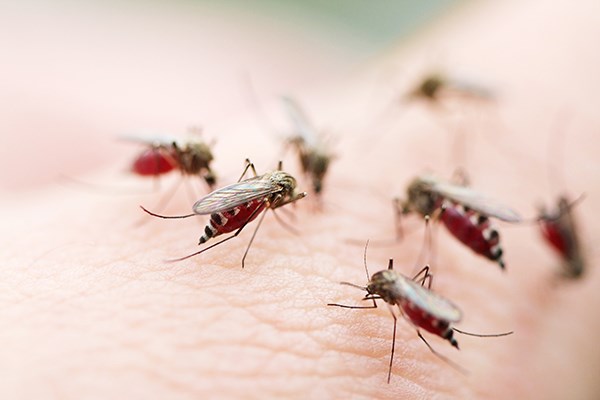
The UN Development Programme (UNDP), the World Health Organisation (WHO) and HR Wallingford company on March 19 launched a pioneering dengue forecasting system in Vietnam, hoping to curb the spread of this disease in the country.
The UN Development Programme (UNDP), the World Health Organisation (WHO) and HR Wallingford company on March 19 launched a pioneering dengue forecasting system in Vietnam, hoping to curb the spread of this disease in the country.
 |
| Dengue is transmitted mainly by the aedes aegypti mosquito (Photo: vnexpress.net) |
The D-MOSS project, funded by the UK Space Agency and is led by the HR Wallingford -- a British civil engineering and environmental hydraulics consultancy, will be implemented in Hanoi and Khanh Hoa, Dak Lak and Dong Nai provinces during 2019-2021. It uses a combination of satellite information, weather forecasting and historical data on previous outbreaks to create an early warning system for potential dengue danger zones.
At the launching ceremony, Kamal Malhotra, UN Resident Coordinator in Vietnam, described the project as a wonderful initiative which helps Vietnamese health sector to combat dengue fever’s impacts.
Highlighting the UK’s strength in space technology, UK Ambassador to Vietnam Gareth Ward expressed his delight to see the Space Agency and its partners introduce a new tool to help Vietnam predict and respond to the dengue outbreak in a more precise and effective manner.
The project is a vivid illustration for the UK’s commitment to supporting Vietnam to realise the UN’s Millennium Goals, he added.
Dengue fever is a periodic disease in Vietnam. It has close relations to rapid urbanisation process, environmental pollution, climate change, and poor access to basic services. In 2017, the country suffered a major outbreak with more than 170,000 dengue cases.
(Soruce:VNA)



